6 buzzy ingredients you might want to avoid in DIY beauty
Yes, mixing your go-to superfoods for at-home face masks and other beauty products is great—but some buzzy ingredients should never be used.
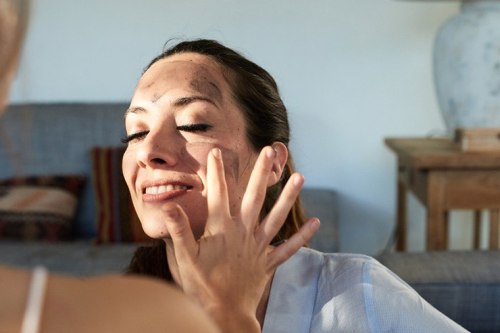
It’s often tempting to play the role of cosmetic chemist. After all, the DIY movement has taught us that you can whip up just about any all-natural beauty product, saving yourself a trip to Sephora and retaining a little money in your pocket. A honey mask? Easy. Swirling together fatty-acid rich avocado and olive oil for a hair treatment? Totally.
But just because you can snatch up trendy ingredients and concoct them into potions and pastes, doesn’t necessarily mean you should.
“Trendy is not synonymous with efficacious,” notes Leigh Winters, an instructor at Columbia Business School’s Venture for All program, a clinical researcher, beauty expert, and aromatherapist (phew). “Just because something’s all over Instagram doesn’t mean it’s effective for everyone.”
“Trendy is not synonymous with efficacious.”
Also, simply appearing double-tap worthy doesn’t always equal a healthier complexion. Case in point? All the face mask recipes on Pinterest that call for Elmer’s glue to emulate that peel-off magic that some people are looking for these days.
“Some mixtures that DIY recipes call for will clog your pores or strip your oils, so be sure to look into the ingredient before applying it to your skin,” says Winters. Because some things are just not worth the likes.
Keep reading for the ingredients to watch out for when you’re making beauty products at home.
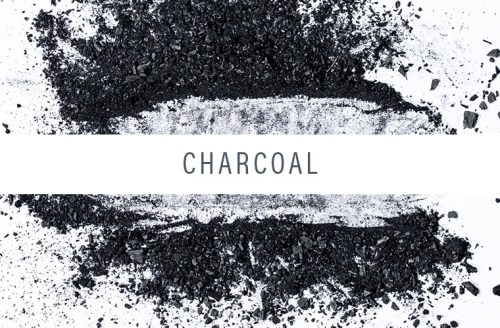
Charcoal
Yes, it’s vivid black and satisfying to peel or wash off—but is it truly good for your glow? “It’s so cathartic to watch, but when pulling off those blackheads, the truth of the matter is that the majority of those oils pulled from the skin are often sebaceous filaments,” says Winters. “That means within a couple of weeks after doing that mask, your oil’s going to fill back into the pores and be replaced.” She also notes that even though it could work in theory, there’s not much by way of scientific evidence that notes that it truly purifies the skin.
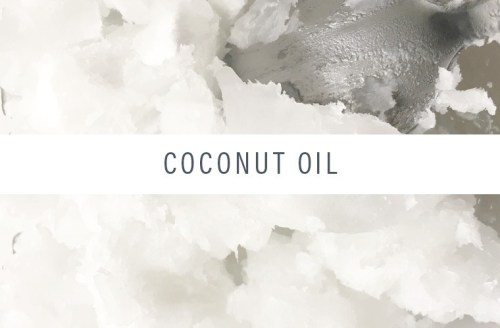
Coconut oil
Despite its reputation for working all sorts of magic in your beauty routine, coconut oil might not be the best thing for some skin types. “It seems to be everywhere in DIY beauty,” notes Winters, but she adds that it can be comedogenic, causing pores to become clogged and breakouts to occur as a result. If you notice that pimples start springing up when you use it, relegate it to the kitchen.
This Parisian Skincare Brand Is Launching in the United States for the First Time—Here’s What a Derm Wants You to Know

We’re Calling It: Cleansing Balms Are the Face Wash of the Future—Here Are 3 to Add to Your Cart

This Is the One Product That Scarlett Johansson Always Keeps in Her Purse and on Her Bedside Table

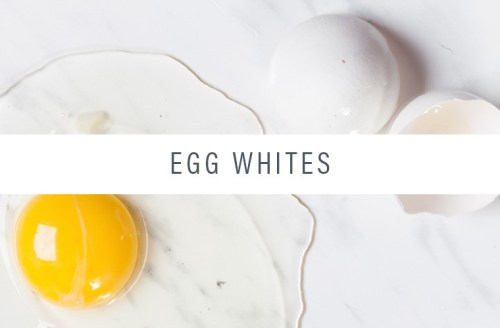
Egg whites
K-beauty has a slew of skin-care products that star your fave breakfast ingredient, as it supposedly tightens the skin and minimizes pores. The thing is, egg white just sits on the top layer of your skin like a film, according to Winters. “The mild astringent effect, thanks in large part to eggs’ albumin protein, lasts very briefly and winds up being more drying than moisturizing,” she says. “There’s also no research suggesting it’s truly a miracle ingredient for smaller pores.” It is, however, delicious with turkey bacon.
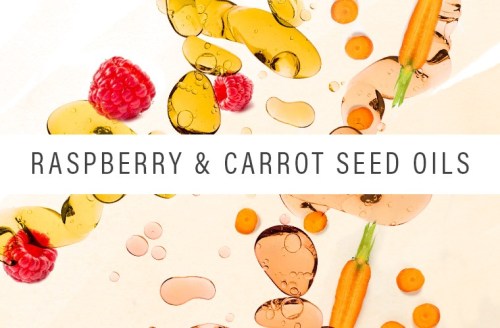
Raspberry and carrot seed oils
Note that this is only meant for DIY sunscreens. “Some recipes for at-home SPF call for raspberry oil or carrot seed oil,” explains Winters. “But unfortunately, herbal and carrier oils, like these, have no known SPF that contributes to UV protection and the claims are largely based on myth.” Reminder that good old fashioned zinc oxide is still the star physical block, and it’s best bought in a pre-made tube with the protection factor front-and-center to guard against harmful UV rays.
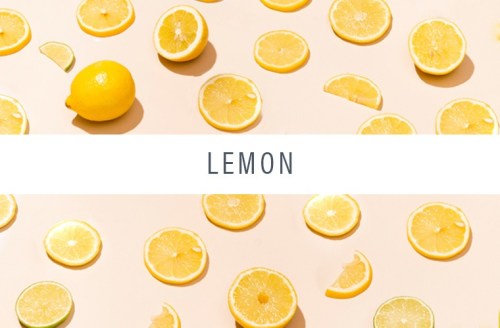
Lemon
Winters points out that a number of DIY skin-care recipes call for a squeeze of fresh lemon in the hopes of tapping into its antibacterial properties to clear acne. “Fresh lemon is incredibly acidic, clocking in at a pH of around two,” she says. “Repeated use of it on your skin can be rather harsh, affecting the acid mantle and contributing to irritation.” One study also found that lemon oil contains furocoumarin derivatives, which have been linked to phototoxicity—AKA increased sensitivity to sunlight—so it’s key to stay mindful and use sunscreen every single day.
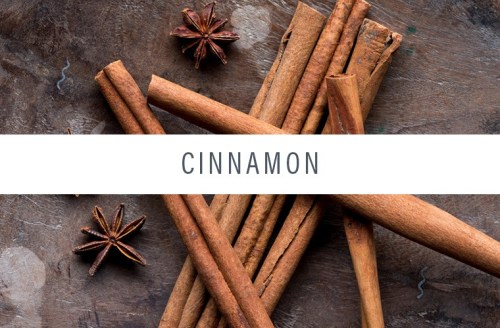
Cinnamon
Sure, delicious-smelling cinnamon may be a scrumptious anti-inflammatory ingredient to sprinkle into your oatmeal. But it’s not the best thing to include in a DIY beauty product for your skin. “Cinnamon has become more popular as a DIY skin-care ingredient, especially as the holidays approach,” says Winters. “But it’s actually really irritating. The essential oil—both cinnamon bark and cinnamon leaf—is high in phenols, and isn’t recommended for topical use.” Keep that cinnamon stick for your chai latte, then.
These are the DIY acne treatments that *actually* work, according to our editors. And this DIY aloe vera face mask tames inflammation.
Sign Up for Our Daily Newsletter
Get all the latest in wellness, trends, food, fitness, beauty, and more delivered right to your inbox.
Got it, you've been added to our email list.







